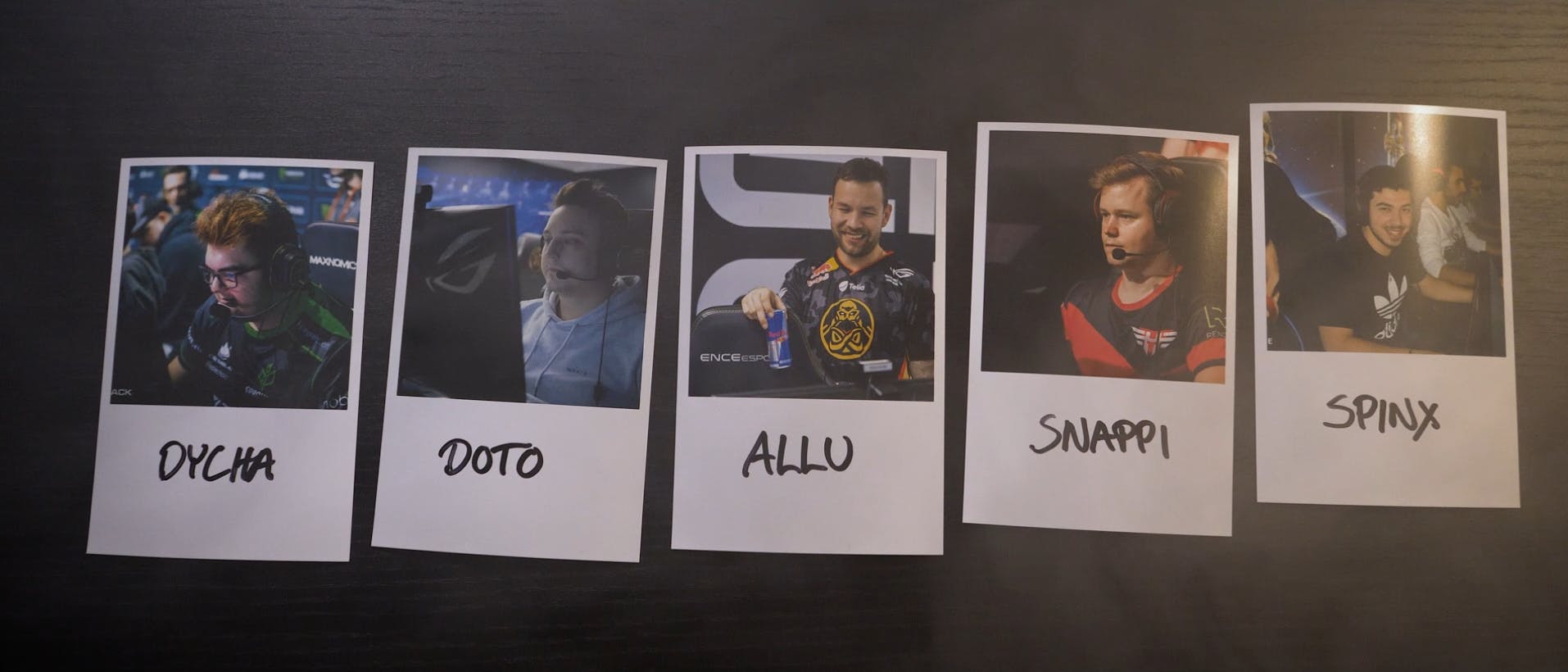88YTY News Hub
Stay updated with the latest trends and news.
Anchors Aweigh: The Hidden Heroes of CSGO
Uncover the unsung heroes of CSGO! Discover how they shape gameplay and strategies in ways you never imagined. Dive in now!
Exploring the Role of Support Players in CSGO: Beyond the Kill Count
In Counter-Strike: Global Offensive (CS:GO), support players often fly under the radar, yet their contributions are vital to a team's success. Unlike fraggers, who focus on racking up kills, support players prioritize strategy, information gathering, and utility usage. This role encompasses a range of responsibilities, such as flashing enemies, providing cover fire, and facilitating effective communication among teammates. By executing these tasks flawlessly, support players create opportunities for their team to secure crucial advantages, often enabling their more aggressive counterparts to shine in the spotlight.
Furthermore, the role of a support player extends beyond mere tactical execution. It requires a deep understanding of map dynamics and positional play. They are often the ones making critical in-game decisions, such as when to rotate or hold a position, which can drastically alter the course of a match. Support players must also manage their economy and buy utility efficiently to maximize their team's potential. In summary, while kill counts can be an enticing metric, the true impact of support players in CSGO lies in their ability to elevate team play and influence the game's outcome through keen strategy and selflessness.

The Unsung Strategies: How Anchor Players Secure Victory in CSGO
In the realm of CSGO, the term 'anchor player' refers to a critical role that often goes unnoticed in the midst of flashy plays and high kill counts. Anchor players are primarily responsible for holding down key areas of the map, ensuring that their team can maintain control over vital positions. Their strategies involve not only exceptional aiming skills but also a deep understanding of map dynamics and team communication. By effectively utilizing utility such as smokes and grenades, they can disrupt enemy advances and provide crucial information to their teammates, thereby securing critical victories during intense matches.
Moreover, the psychological aspect of being an anchor player can't be overlooked. These players must exhibit d patience and resilience, as they often face overwhelming pressure when opponents attempt to breach their defenses. A strong anchor player stays composed, executing their defensive strategies while coordinating with teammates for potential rotations. To enhance their effectiveness, they often analyze past games, studying opponent patterns to anticipate pushes and cater their tactics accordingly. Through these unsung strategies, anchor players truly become the backbone of their teams, turning potential defeat into victory.
What Makes an Effective Anchor in CSGO? Key Traits and Techniques
In Counter-Strike: Global Offensive (CS:GO), an effective anchor plays a crucial role in maintaining map control and supporting teammates. One of the key traits of a successful anchor is strong positioning. This means knowing the layout of the map and selecting spots that provide optimal visibility and cover. Additionally, communication is essential; anchors must relay enemy positions and coordinate with their team to execute strategies effectively. A good anchor remains calm under pressure and can make quick decisions during a chaotic firefight, ensuring that they provide valuable support when it matters most.
Another important technique for an effective anchor is mastering utility usage. Smoke grenades, flashbangs, and Molotov cocktails can significantly enhance an anchor's ability to control engagements and deter enemies. For instance, a well-placed smoke can obscure sightlines, allowing the anchor to reposition without being spotted. Furthermore, maintaining game sense—understanding the flow of the game, anticipating enemy movements, and adapting to shifting situations—sets apart average anchors from exceptional ones. By combining these traits and techniques, players can excel in their roles and contribute significantly to their team's overall success.